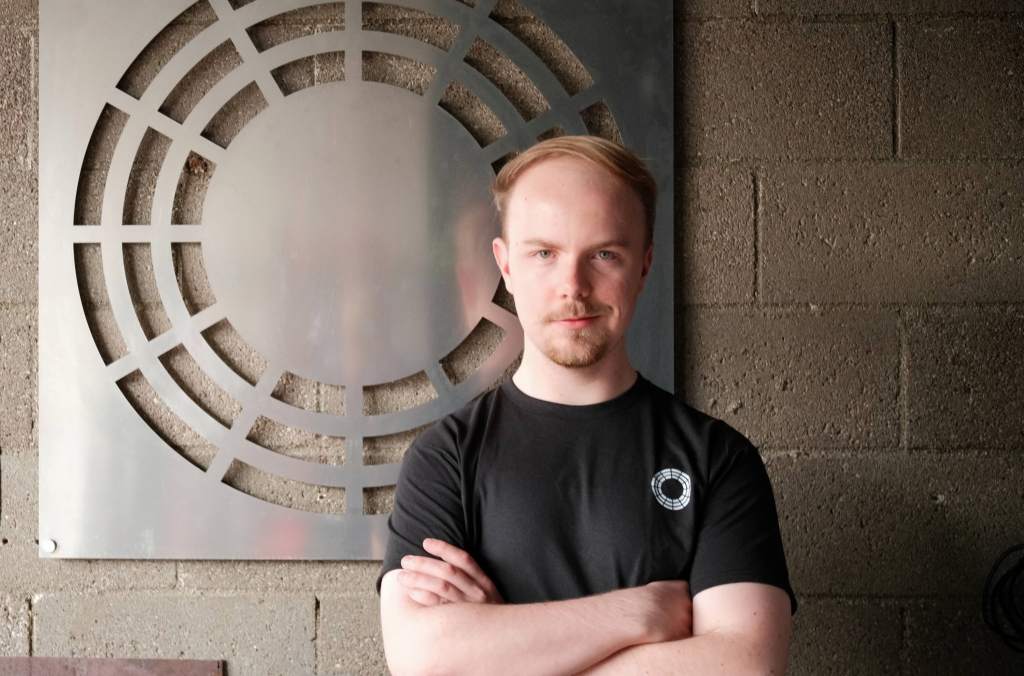Astro Teller’s Bold Approach to Innovation: Embracing Failure to Achieve Moonshots
In a recent conversation with TechCrunch’s editor-in-chief, Connie Loizos, Astro Teller, the Captain of Moonshots at Alphabet’s X, delved into the methodologies and philosophies that drive groundbreaking innovation at the Moonshot Factory. Teller’s insights shed light on the deliberate strategies employed to foster transformative technologies and the critical role of embracing failure in the innovation process.
Defining a Moonshot
At the heart of X’s mission is the pursuit of moonshots—ambitious projects aimed at solving significant global challenges through radical solutions. Teller outlines three essential components that characterize a true moonshot:
1. A Monumental Problem: The initiative must address a substantial, real-world issue that, if solved, would have a profound impact on society.
2. A Science Fiction-Sounding Solution: The proposed solution should be bold and unconventional, bordering on the realm of science fiction, yet grounded in scientific possibility.
3. A Glimmer of Breakthrough Technology: There must be an emerging technology or a novel approach that provides a plausible pathway to achieving the solution.
Teller emphasizes that if a proposed project appears reasonable and conventional, it likely doesn’t qualify as a moonshot. The essence of a moonshot lies in its audacity and the potential to redefine existing paradigms.
The Strategy of Early Termination
A distinctive aspect of X’s approach is the intentional and rigorous process of terminating projects that do not meet the stringent criteria for success. Teller reveals that approximately 98% of ideas are deliberately killed early in their development. This strategy is not indicative of failure but rather a testament to the organization’s commitment to intellectual honesty and resource optimization.
By proactively seeking reasons to discontinue projects, X ensures that only the most promising and viable ideas receive continued investment and development. This process involves:
– Small, Agile Teams: Keeping project teams small allows for rapid experimentation and decision-making. It also minimizes the sunk costs associated with larger teams, making it easier to pivot or terminate projects when necessary.
– Focused Experimentation: Teams are encouraged to test the most challenging aspects of their projects first. By confronting potential deal-breakers early, they can quickly determine the feasibility of an idea.
– Celebrating Failure: Recognizing and accepting failure as an integral part of the innovation process fosters a culture where team members are not afraid to take risks. This mindset accelerates learning and paves the way for genuine breakthroughs.
Balancing Audacity with Humility
Teller underscores the importance of balancing boldness with humility in the pursuit of innovation. High audacity motivates teams to embark on unlikely and challenging journeys, while high humility ensures that they remain open to feedback and are willing to abandon ideas that are not working. This balance prevents teams from becoming overly attached to their projects and allows them to remain objective in their assessments.
Deciding Between Spinouts and Alphabet Subsidiaries
X’s decision-making process regarding whether to spin out a project as an independent company or retain it as an Alphabet subsidiary is strategic and nuanced. Teller explains that some projects benefit from the resources and scale of Alphabet, while others may achieve faster progress and greater success as independent entities. Factors influencing this decision include:
– Alignment with Alphabet’s Core Business: Projects closely aligned with Alphabet’s existing operations may remain within the corporate structure to leverage synergies.
– Market Dynamics: Independent spinouts may be better positioned to attract external investment and partnerships, especially if their market dynamics differ significantly from Alphabet’s core businesses.
– Operational Autonomy: Some projects require a level of agility and autonomy that is more feasible outside the Alphabet umbrella.
Reframing AI: From Magic to Utility
Addressing the current hype surrounding artificial intelligence, Teller advocates for a shift in perspective. He suggests that AI should be viewed not as a mystical or magical force but as a utility akin to electricity. This reframing emphasizes the practical applications of AI and encourages a focus on integrating it seamlessly into various industries to solve real-world problems.
Conclusion
Astro Teller’s insights provide a compelling look into the deliberate and disciplined approach that drives innovation at Alphabet’s X. By defining clear criteria for moonshots, embracing failure as a learning tool, and maintaining a balance between audacity and humility, X continues to push the boundaries of technology and tackle some of the world’s most pressing challenges.


